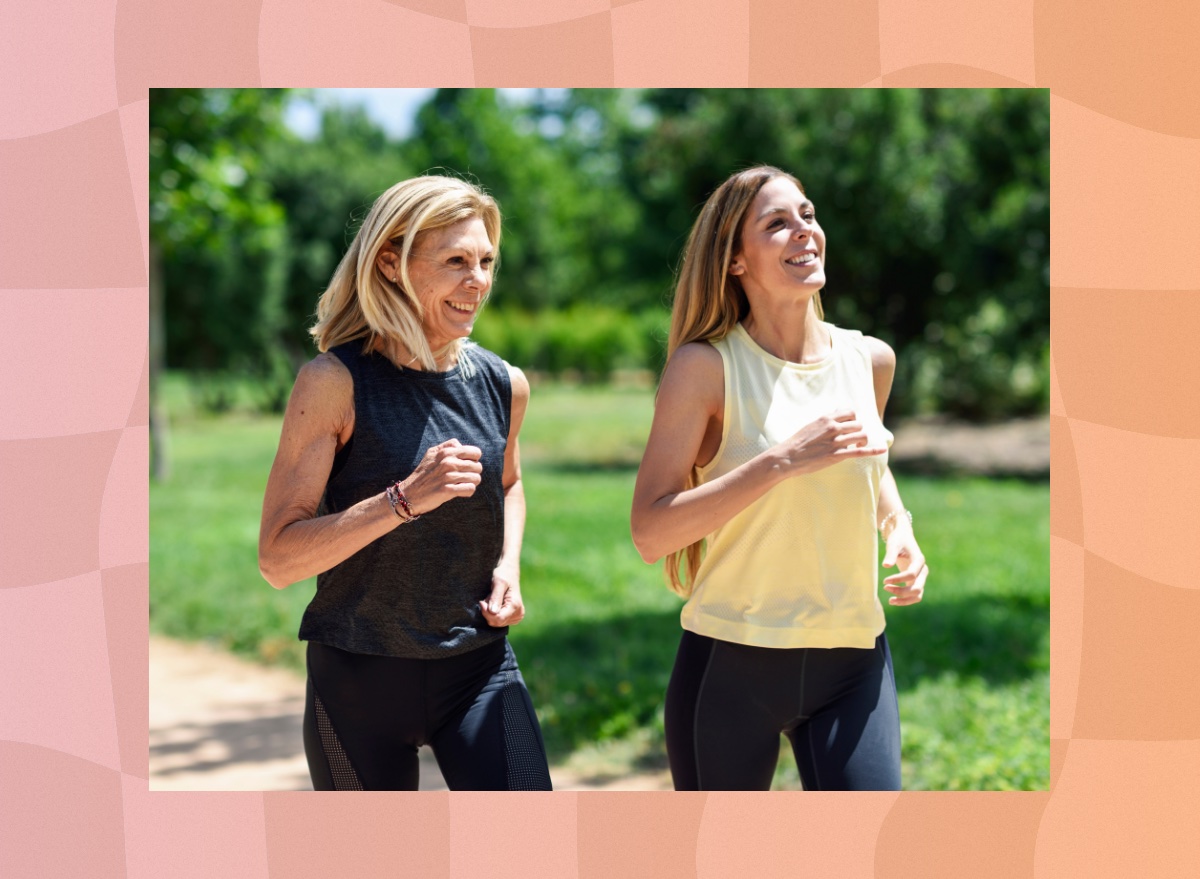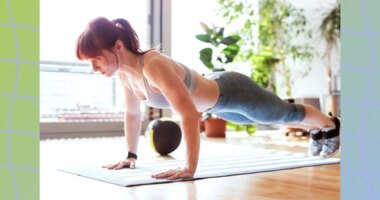Hitting the big 5-0 often comes with mixed feelings, especially regarding fitness. But here’s the truth: Turning 50 isn’t a speed bump on your road to staying strong, vibrant, and healthy. In fact, it can be the best time to focus on your fitness goals. I’ve worked with hundreds of women over 50, and I’ve seen firsthand how the right approach can help you maintain and improve your strength, endurance, and overall well-being. Fitness at this stage is all about working smarter, avoiding over-complicating workouts, and embracing your body’s capabilities rather than feeling limited by age.
That being said, some key principles apply to just about every woman in this age group, and I’ve made it my mission to share these tips with all my clients. Whether you’re new to fitness or have been active your whole life, focusing on these areas will help you reach your goals faster, prevent injury, and even make working out more enjoyable. After all, who doesn’t want to feel strong, energized, and confident well into their later years?
If you’re ready to take your fitness journey to the next level, here are 10 of the best fitness tips I give to every female client over 50.
Prioritize strength training.
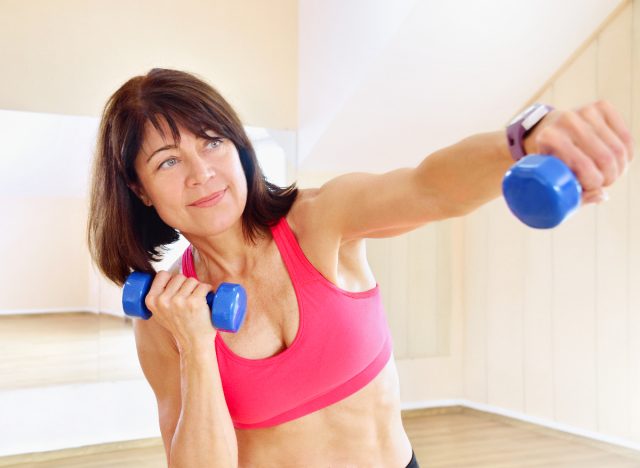
Strength training is crucial for women over 50; I emphasize this to all my clients. Muscle mass naturally declines as you age, leading to a slower metabolism and increased body fat. Strength training combats this by building lean muscle, boosting metabolism, and improving bone density. Plus, it’s empowering!
Lifting weights or performing resistance exercises helps you feel strong and capable in everyday tasks, from carrying groceries to lifting grandkids. I recommend aiming for two to three strength sessions weekly, focusing on all major muscle groups.
Don’t skip mobility work.
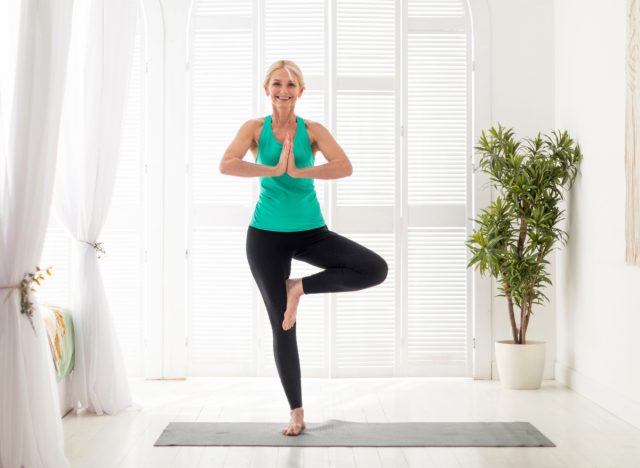
Mobility often gets overlooked, but it’s a game-changer for staying active and pain-free. As you age, joints can become stiffer, and the range of motion can decrease, making everyday movements harder. Incorporating mobility exercises into your routine helps keep your joints healthy, improves flexibility, and reduces the risk of injury.
I suggest dedicating 10 to 15 minutes before or after workouts to stretching and mobility work. Dynamic stretches, yoga, or simple joint rotations can make a world of difference in how your body feels and performs.
Get enough protein.
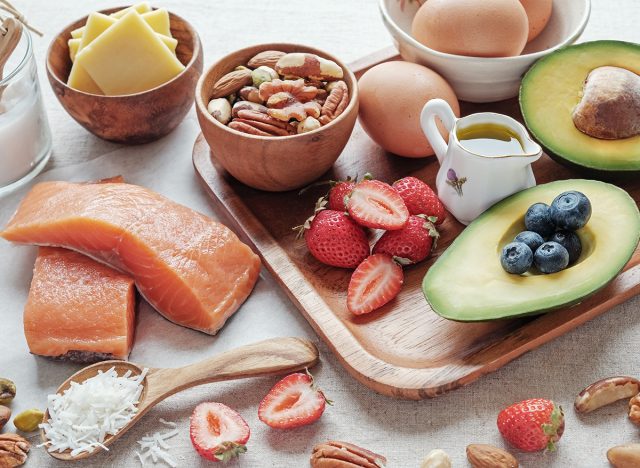
Protein isn’t just for bodybuilders. For women over 50, getting enough protein is essential for preserving muscle mass, supporting bone health, and aiding recovery after workouts. I encourage my clients to include high-quality protein in every meal, whether lean meats, fish, eggs, or plant-based options like beans and lentils.
Aiming for around 20 to 30 grams per meal is a solid target. Plus, protein helps with satiety, making it easier to manage weight and avoid unhealthy snacking.
Embrace low-impact cardio.
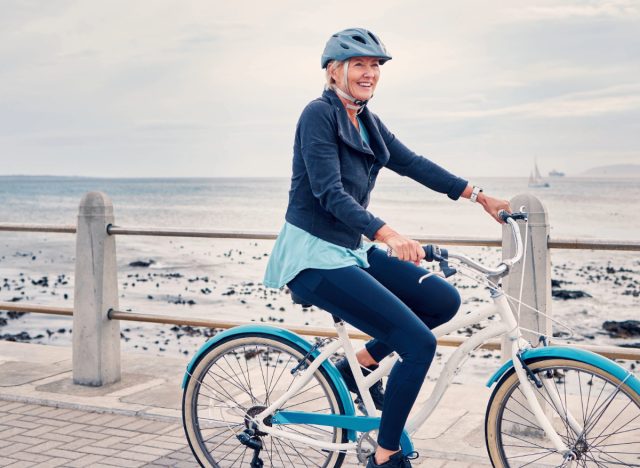
Cardio is great for heart health, but I always remind my clients that it doesn’t have to be intense to be effective. Low-impact options like swimming, cycling, or brisk walking can provide excellent cardiovascular benefits without putting too much stress on your joints.
These activities are kinder to your body, boosting endurance, burning calories, and improving your overall fitness. Plus, low-impact cardio can be easier to stick with in the long term, keeping you active and healthy as the years go by.
Don’t forget about balance training.
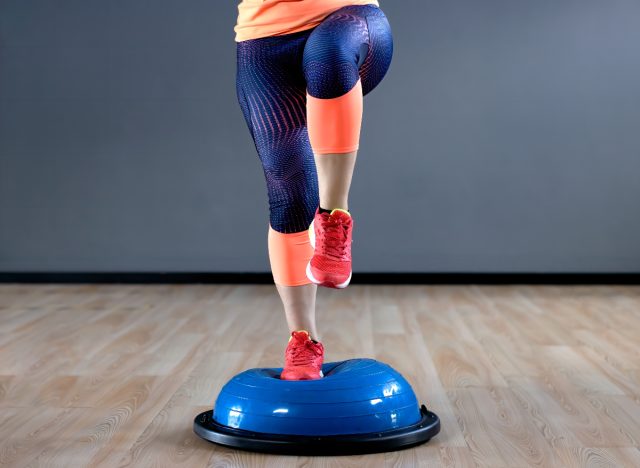
Falls become more common as you age, and balance training is a proactive way to prevent them. Incorporating exercises that challenge your stability can enhance your coordination and reduce the risk of falls.
I suggest adding balance work into your routine a few times a week. Simple moves like standing on one leg, heel-to-toe walking, or using a balance board can improve your stability and confidence in your movements.
Prioritize recovery days.
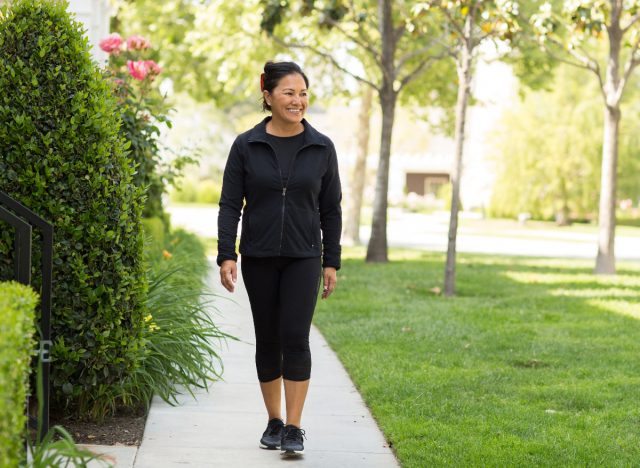
Recovery is as important as the workouts themselves. I always emphasize to my clients that rest days don’t mean slacking off. Your body needs time to recover, rebuild, and rejuvenate, especially after intense sessions.
Overtraining can lead to burnout, fatigue, and even injury, so ensure you’re getting enough sleep, hydrating properly, and taking active recovery days to focus on light movement like stretching or leisurely walking. Recovery isn’t just about rest; it’s about giving your body the care it needs to perform its best.
Keep workouts fun and varied.

Sticking to the same routine can get boring, often leading to quitting. That’s why I encourage all my clients to keep their workouts varied and fun.
Try new classes, mix up your cardio, explore different strength exercises, and add outdoor activities. Variety keeps your muscles guessing, prevents plateaus, and makes fitness something you look forward to. And don’t be afraid to explore activities that bring you joy—dancing, hiking, and even gardening can be fantastic ways to stay fit and happy.
Listen to your body.
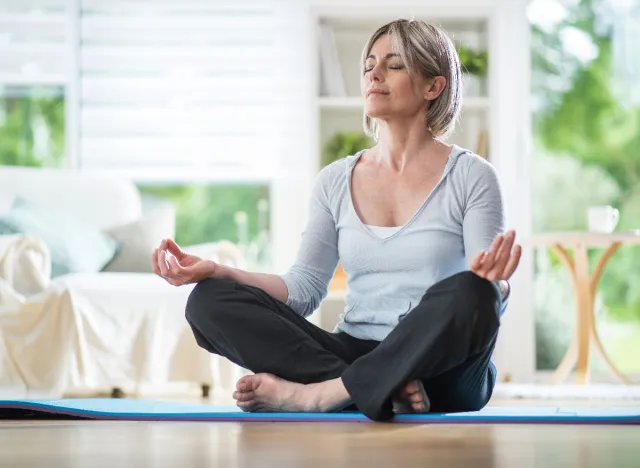
Listening to your body is a must as you age. You know your body better than anyone, so if something doesn’t feel right, it’s essential to pay attention. Ignoring pain or discomfort can lead to more serious issues down the road.
I always remind my clients that it’s okay to adjust workouts based on their feelings on any given day. Feeling tired? Opt for a lighter workout or focus on stretching. Feeling strong? Push yourself a bit more. Fitness should be about enhancing your well-being, not pushing through unnecessary pain.
Focus on core strength.
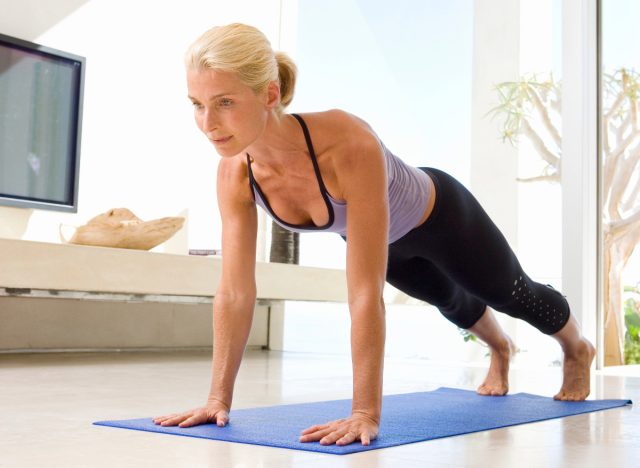
A strong core is key to maintaining stability, balance, and posture as you age. It’s more than just having visible abs—it’s about building the deep muscles that support your spine and help you move efficiently.
I recommend incorporating core exercises into your workouts at least two to three times a week. Planks, bird dogs, and leg raises are all great options that can help you build a strong and functional core, leading to better overall performance in your workouts and daily life.
Celebrate your progress, not perfection.
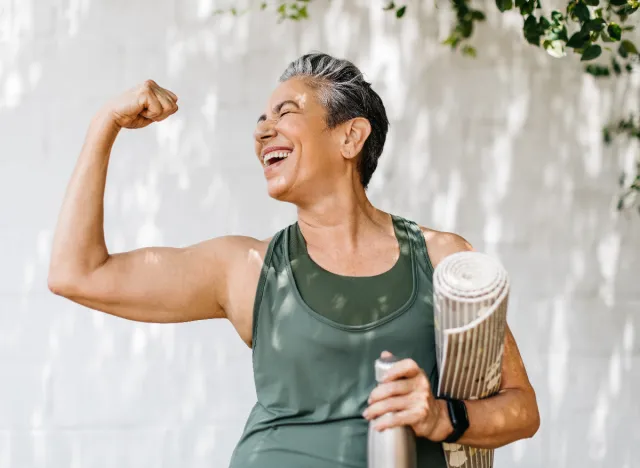
Lastly, I always tell my clients to focus on progress, not perfection. It’s easy to get caught up in the idea of hitting specific numbers on the scale or achieving a particular look, but what matters is how you feel.
Celebrate every small win—lifting a little heavier, feeling more energized, or simply sticking to your routine. Fitness is a lifelong journey, and the goal is to keep moving forward, no matter how slow or fast that progress may be.

